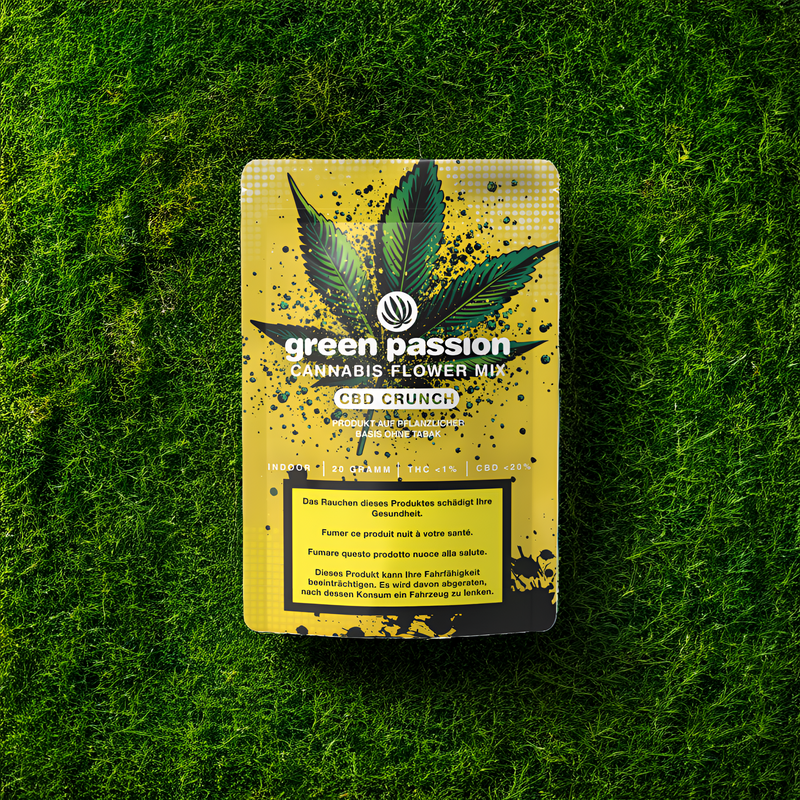Legal matters
Low-THC Cannabis Products in Switzerland
Cannabis products with a THC content of less than 1% are not subject to the Narcotics Act in Switzerland and are therefore increasingly being commercially exploited. Products containing the non-intoxicating compound CBD are particularly gaining significance.
Low-THC Cannabis Cannabis or products made from it that have an average total THC content of at least 1% are prohibited under the Narcotics List Ordinance (BetmVV-EDI). However, various low-THC cannabis products are not subject to the Narcotics Act because they have a THC content of less than 1%. These include raw materials such as hemp flowers or powder, as well as processed products like extracts in the form of oils or pastes, bulk-offered capsules, and ready-to-use products such as dietary supplements, e-cigarette liquids, tobacco substitutes, aromatic oils, chewing gums, and ointments, some of which are offered as care products.
The production and sale of low-THC cannabis products have recently increased significantly, raising various health and legal questions. Although these products are not subject to the Narcotics Act, they cannot be distributed and advertised at will. Depending on the product category, the Therapeutic Products Act, the Foodstuffs Act, or the Federal Act on Product Safety may apply to their industrial use. To raise awareness of the legal framework, Swissmedic, the Federal Office of Public Health, the Federal Food Safety and Veterinary Office, and the Federal Office for Agriculture have therefore issued a fact sheet.
Cannabidiol (CBD) Over 80 cannabinoids and more than 400 other active substances are found in the hemp plant. The most important cannabinoids are the intoxicating tetrahydrocannabinol (THC) and the non-intoxicating cannabidiol (CBD), which also reduces the psychotropic effects of THC. CBD is not subject to the Narcotics Act.
Among low-THC cannabis products, those with increased CBD content are gaining particular importance. The supply is growing rapidly, and demand is increasing. Possible therapeutic effects such as antioxidant, anti-inflammatory, anticonvulsive, antiemetic, anxiolytic, or antipsychotic effects are being discussed. However, the medical effects of CBD are still insufficiently researched.
There is also discussion among experts about whether cannabis with high CBD and less than 1% THC content can be used as a substitute product in harm reduction or in the treatment of problematic cannabis use.
